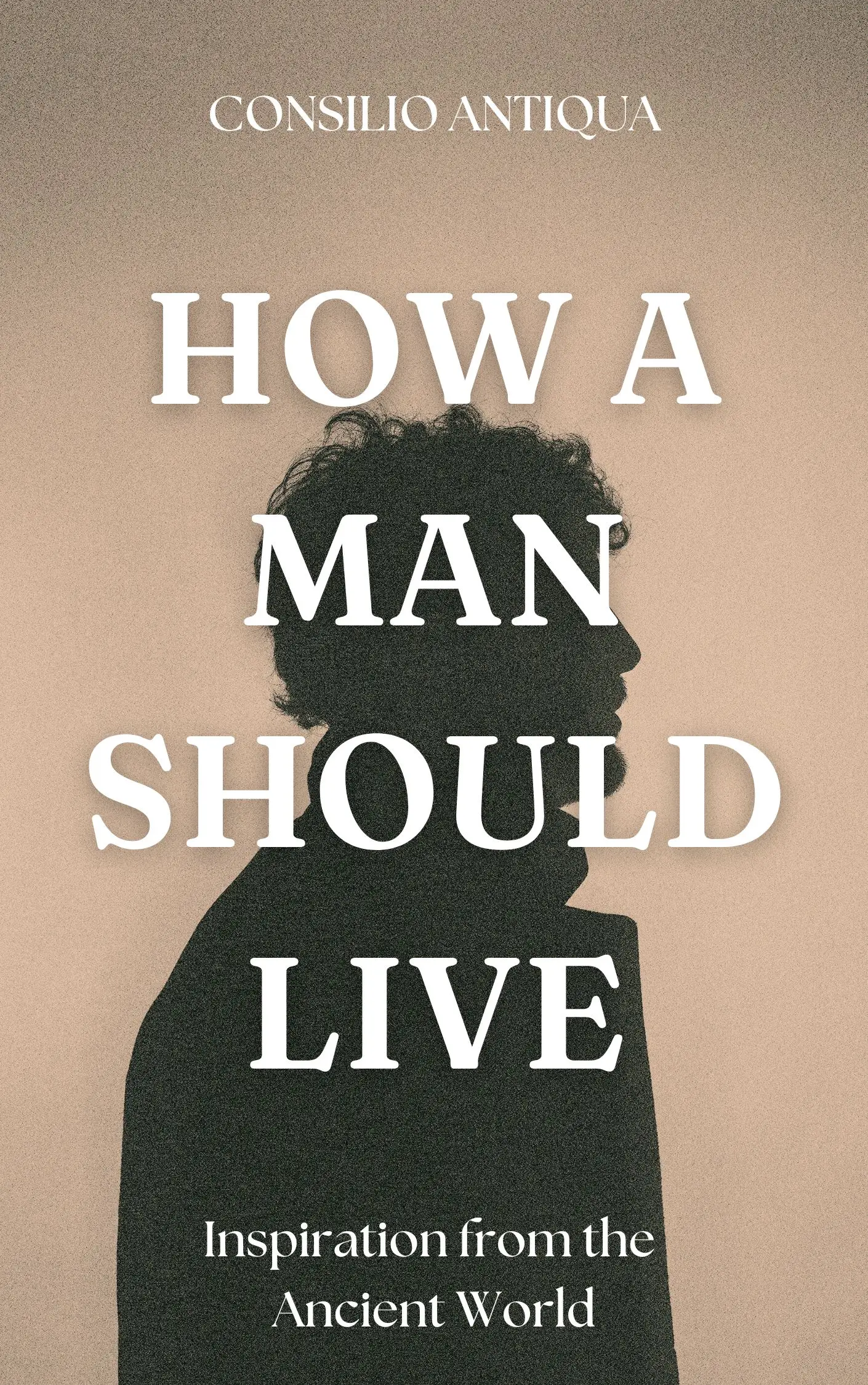
How a Man Should Live | Chapter Biography: Plutarch
Chapter Biography: Plutarch
Plutarch, born around 46 AD in Chaeronea, Boeotia (in central Greece), was a prominent Greek historian, biographer, essayist, and Middle Platonist philosopher. He is best known for his works "Plutarch's Lives" and "Moralia."
Plutarch was born into a wealthy family and received a thorough education in Athens, studying philosophy, rhetoric, and mathematics under the philosopher Ammonius. His family's status allowed him to travel extensively throughout the Greek world and the Roman Empire, which greatly influenced his later writings.
Plutarch held several important public positions throughout his life. He served as a magistrate in Chaeronea and was later appointed priest at the Oracle of Delphi, a position he held for many years. He also acted as an ambassador to Rome on several occasions.
Literary Works:
-
Plutarch's Lives: This is Plutarch's most famous work, consisting of 23 pairs of biographies comparing notable Greeks with notable Romans. These biographies were not intended to be strict historical accounts but rather explorations of character and moral lessons.
-
Moralia: A collection of over 60 essays and transcribed speeches on various topics including ethics, religion, politics, and literary criticism.
Plutarch was a proponent of Middle Platonism, a philosophical movement that sought to interpret and systematize Plato's thought. He believed in a single, transcendent God and was critical of both atheism and superstition.
Plutarch's works had a significant impact on Western literature and thought. His "Plutarch's Lives" influenced many Renaissance and Enlightenment thinkers, and served as source material for several of Shakespeare's plays. His moral essays were widely read and admired throughout Europe.
Plutarch married Timoxena, with whom he had at least five children. He was known for his devotion to family life and his hometown of Chaeronea, where he spent much of his later years.
In his later years, Plutarch was honored by both Greek and Roman authorities. Emperor Trajan granted him the ornaments of a consul, and Emperor Hadrian appointed him procurator of Greece. Plutarch died around 120 AD in his hometown of Chaeronea.
Plutarch's work has had a lasting impact on Western literature, history, and philosophy. His approach to biography, focusing on character and moral lessons rather than just chronological events, influenced the development of the biographical genre. His essays in "Moralia" cover a wide range of topics that continue to be relevant in modern discussions of ethics, politics, and human nature.
